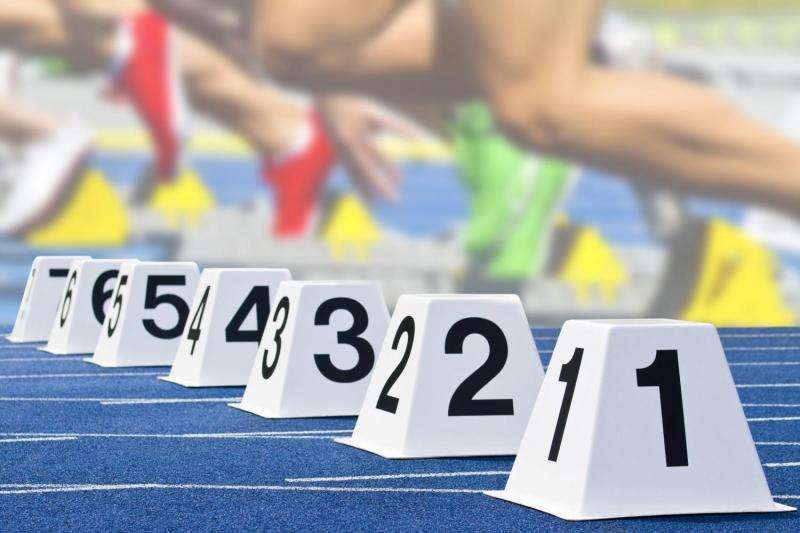Should sports involve academia in rule changes?

The academic community could help identify loopholes in rules made to ensure fair play and entertaining sporting events.
All sports have their rules, and in many cases they remain reasonably static over the years. But some sports witness rule changes almost every year. Some rules are changed to ensure fair play. Others are added to make sure games have a predictable length or that the players aim to win in order to ensure entertainment for spectators. Sometimes, however, these changes can, and do, lead to unintended consequences.
Graham Kendall of the University of Nottingham Malaysia Campus and Liam Lenten of Australia's La Trobe University argue that sports bodies should include academics in their governing bodies to study the effects of rule changes before they are implemented.
Kendall and Lenten published a study in the European Journal of Operational Research, compiling a large number of cases in which rule changes "caused perverse unintended consequences," says Kendall. "Many of the rule changes highlighted in this paper are aimed at making the sporting event more exciting," he says. "These are the rules that often lead to an unexpected occurrence that was not foreseen, even if it has the desired effect for the vast majority of the time."
'Tanking', or intentionally losing a game, usually with the aim of providing a future benefit, is one commonly seen consequence of some rule changes. A well-known example occurred in the women's doubles badminton competition at the 2012 Olympics in London. The tournament structure was clearly established to incentivize teams to be at the top of their group in order to earn a relatively easier match in the quarterfinals with the second-placed team in another group. In this case, however, eight players from China, South Korea and Indonesia were disqualified for playing to lose in order to face easier opponents in matches even further down the line. All eight players had already qualified for the quarterfinals but were looking ahead to whom they would be playing in the semi-finals. A rule change that could stop teams speculating how the knockout stages play out, suggest the researchers, is to draw lots for the quarterfinals only after all the group matches have taken place.
In athletics, competitors in swimming and running events (particularly sprints) used false starts to strategically 'psyche-out' fellow competitors. Previous rules stated that all runners were warned when one had a false start. Any subsequent false start would lead to a disqualification. This meant that the first false start was not penalized. In 2009, the International Association of Athletics Federations changed the rule so that an athlete who false-started was immediately disqualified. Although an important rule change, it creates a double-edged sword, Kendall and Lenten suggest. "The obvious downside is the possibility of high-profile disqualifications before the race is effectively run, of which there were quite a few in the 2011 World Championships in Daegu, none more so than Usain Bolt," they write.
"We hope that one consequence of this paper is that the scientific community and the sports industry can work more closely together in order to study the effects of potential rule changes before they are implemented, or implemented in such a way that they can be studied before wide adoption," conclude the researchers.
Provided by University of Nottingham Malaysia
















